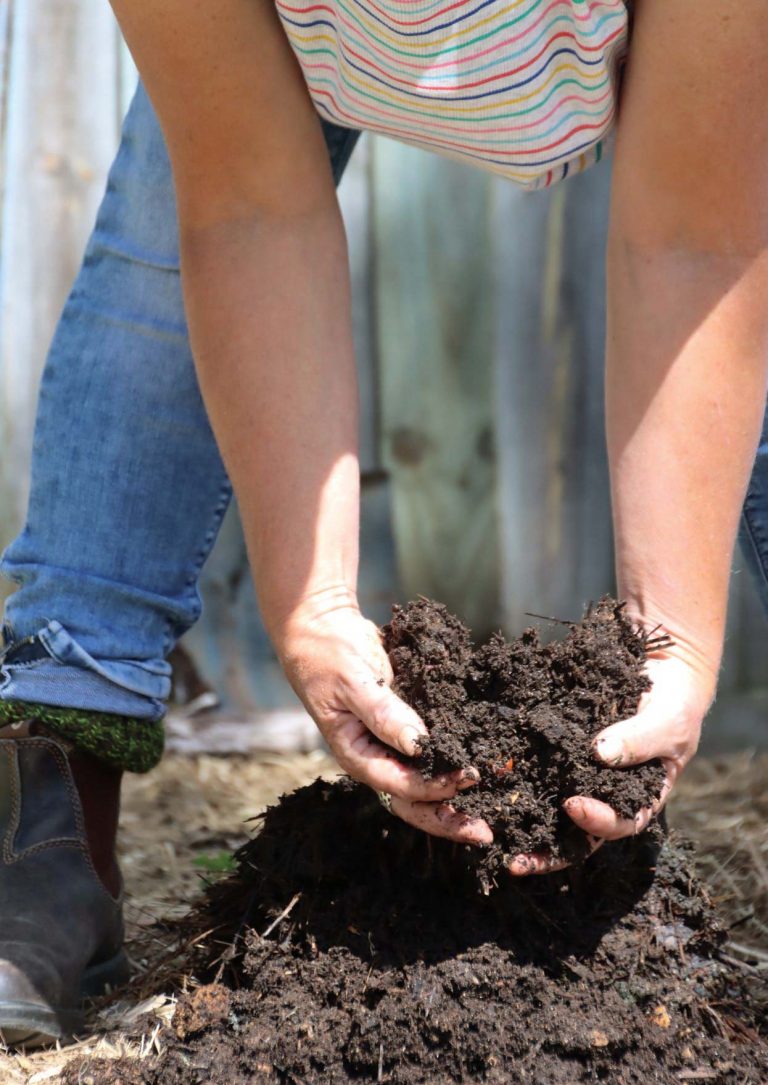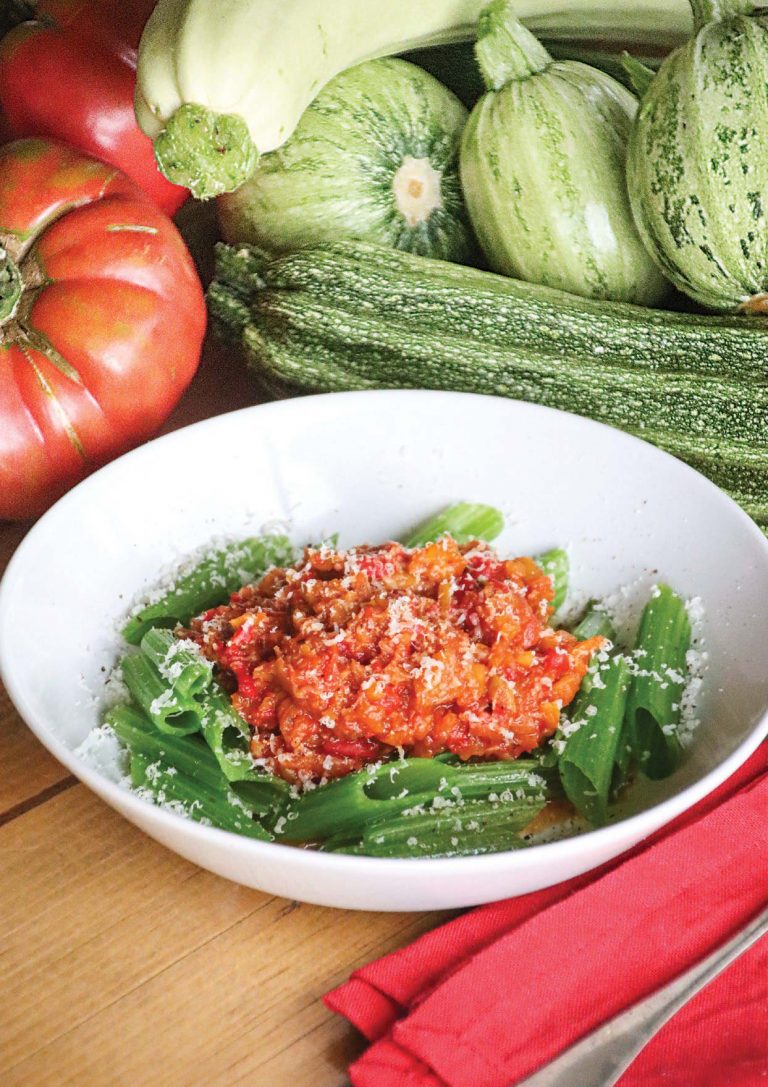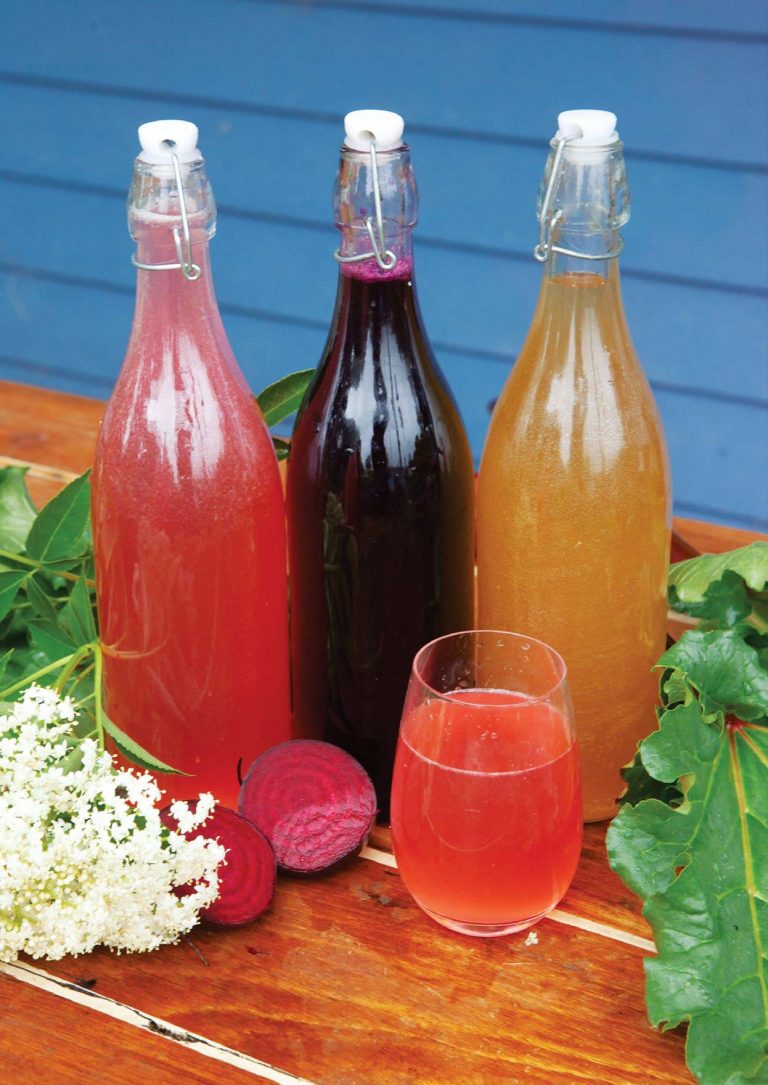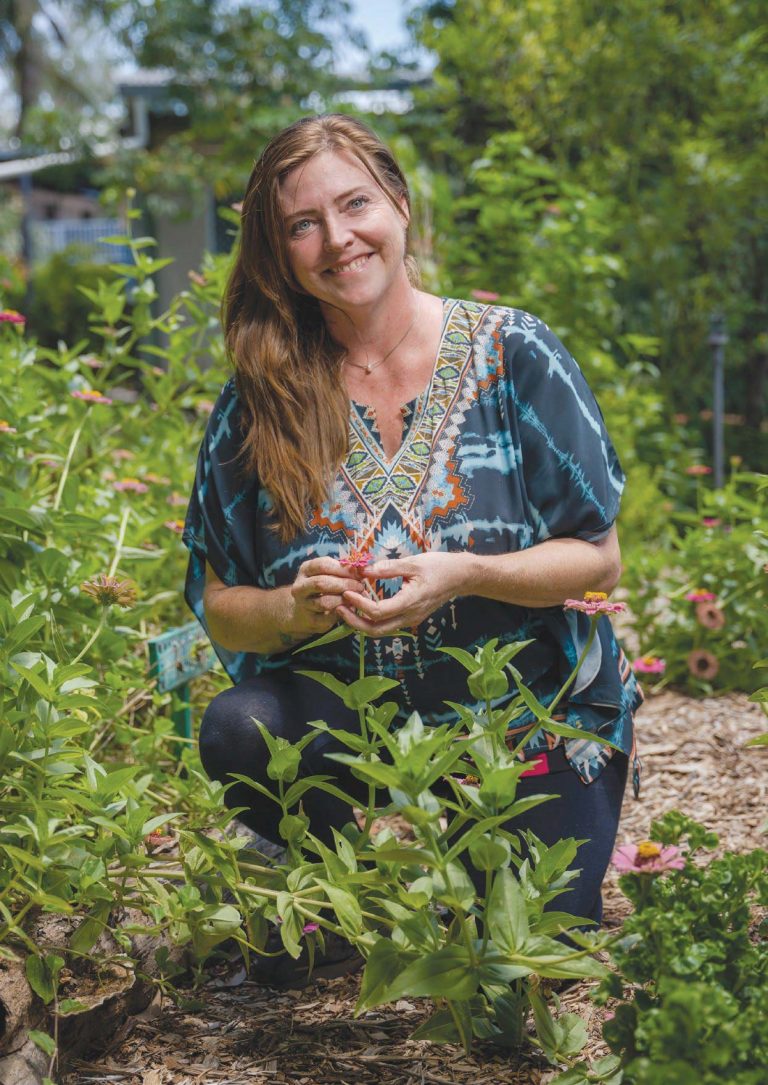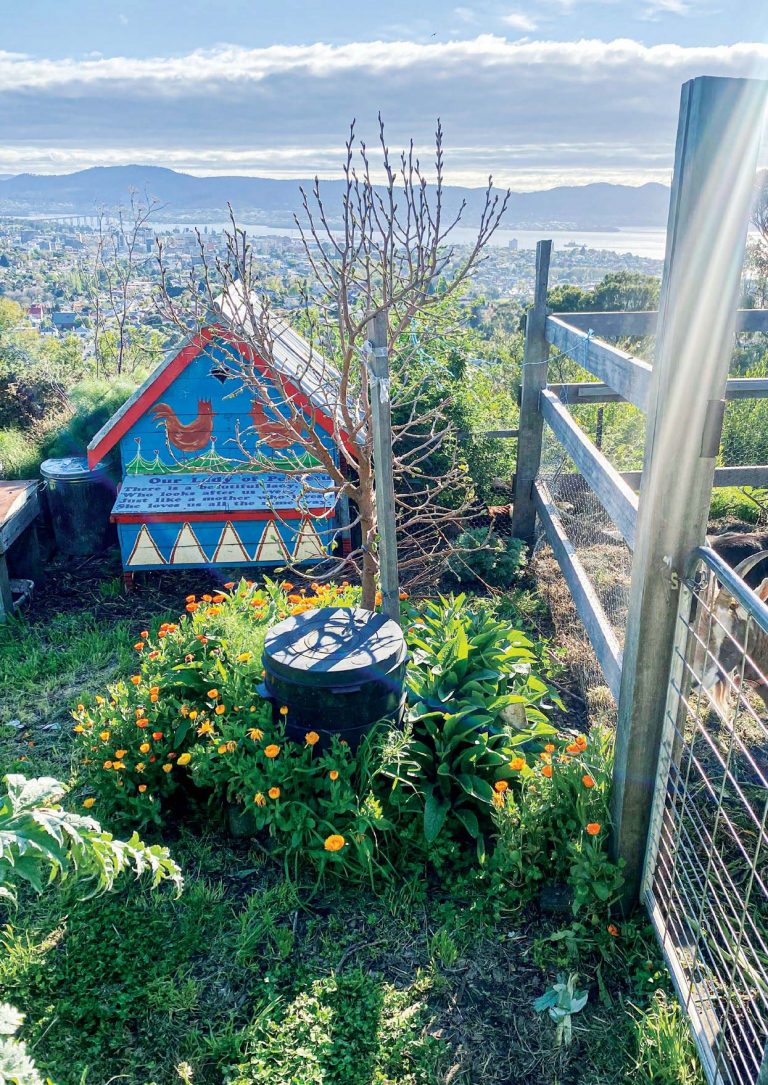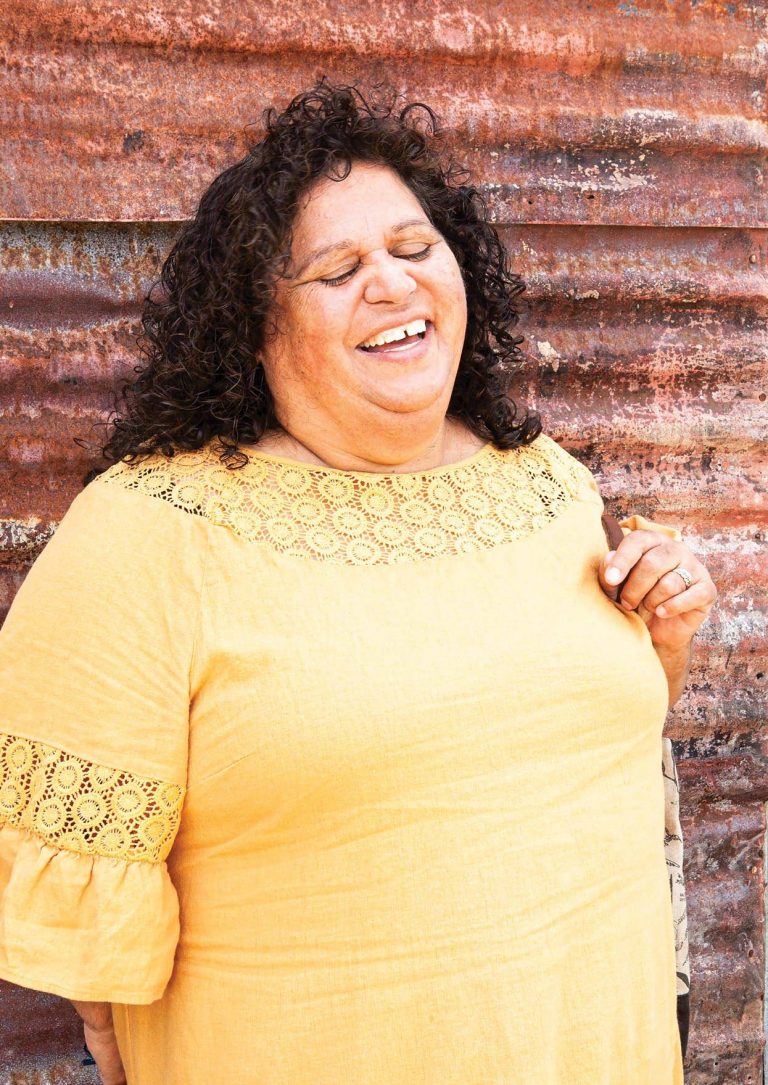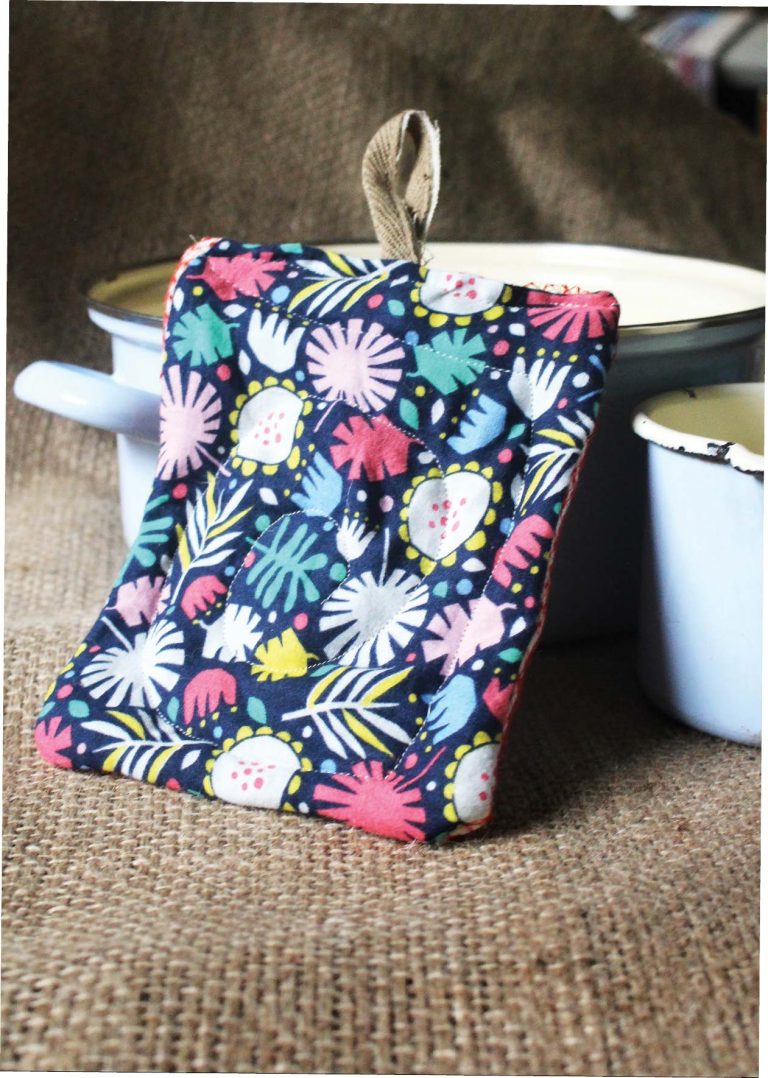The Onion Family: Growing Alliums
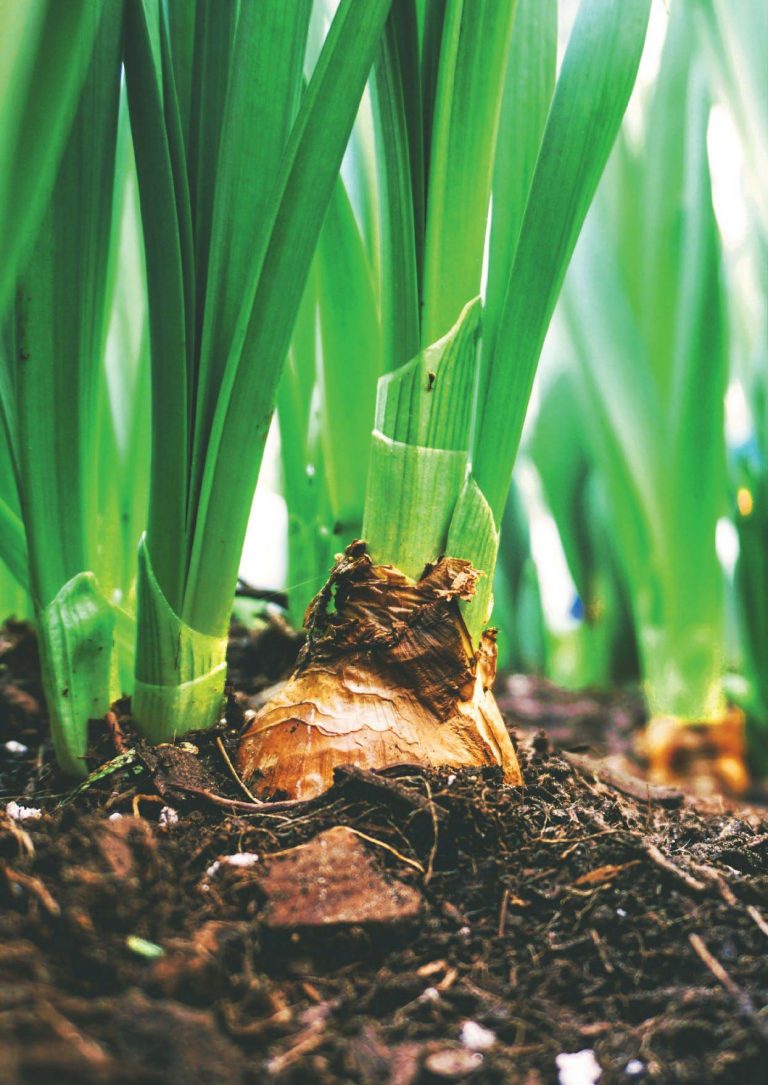
If there is a plant group considered a staple in the modern diet, the onion family is it. From the ubiquitous brown onion to edible chive flowers, the diversity in the onion family is matched only by the many uses and flavours it brings to the kitchen.
The alliums are a huge genus of plants. Up to 800 species are named throughout the world although many of them not edible, domesticated or well known. The edible alliums are what we commonly call the onion family, and include bulbing onions, shallots, spring onions, leeks, garlic and chives. Their distinctive aroma comes from an array of sulphur compounds with many purported health benefits, like the ability to lower cholesterol levels, triglycerides and blood pressure, anti-clotting properties, strong anti-inflammatory components, as well as antiviral and anti-bacterial properties – quite a powerhouse of a family.


